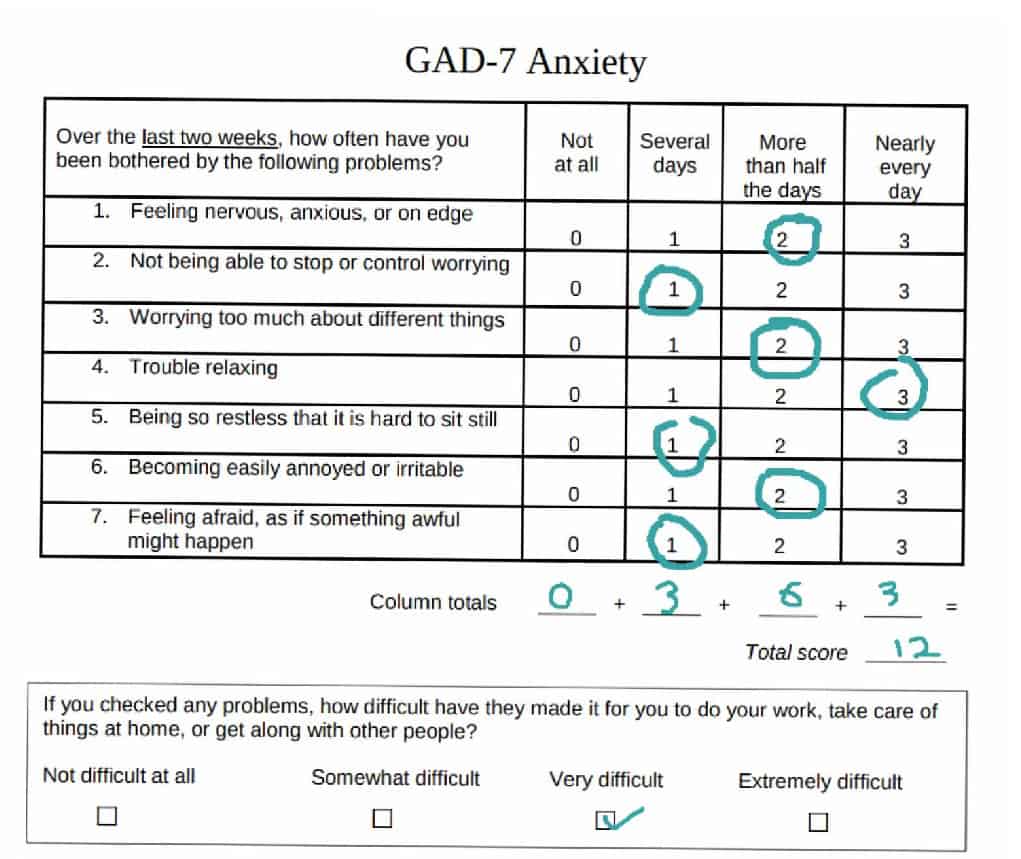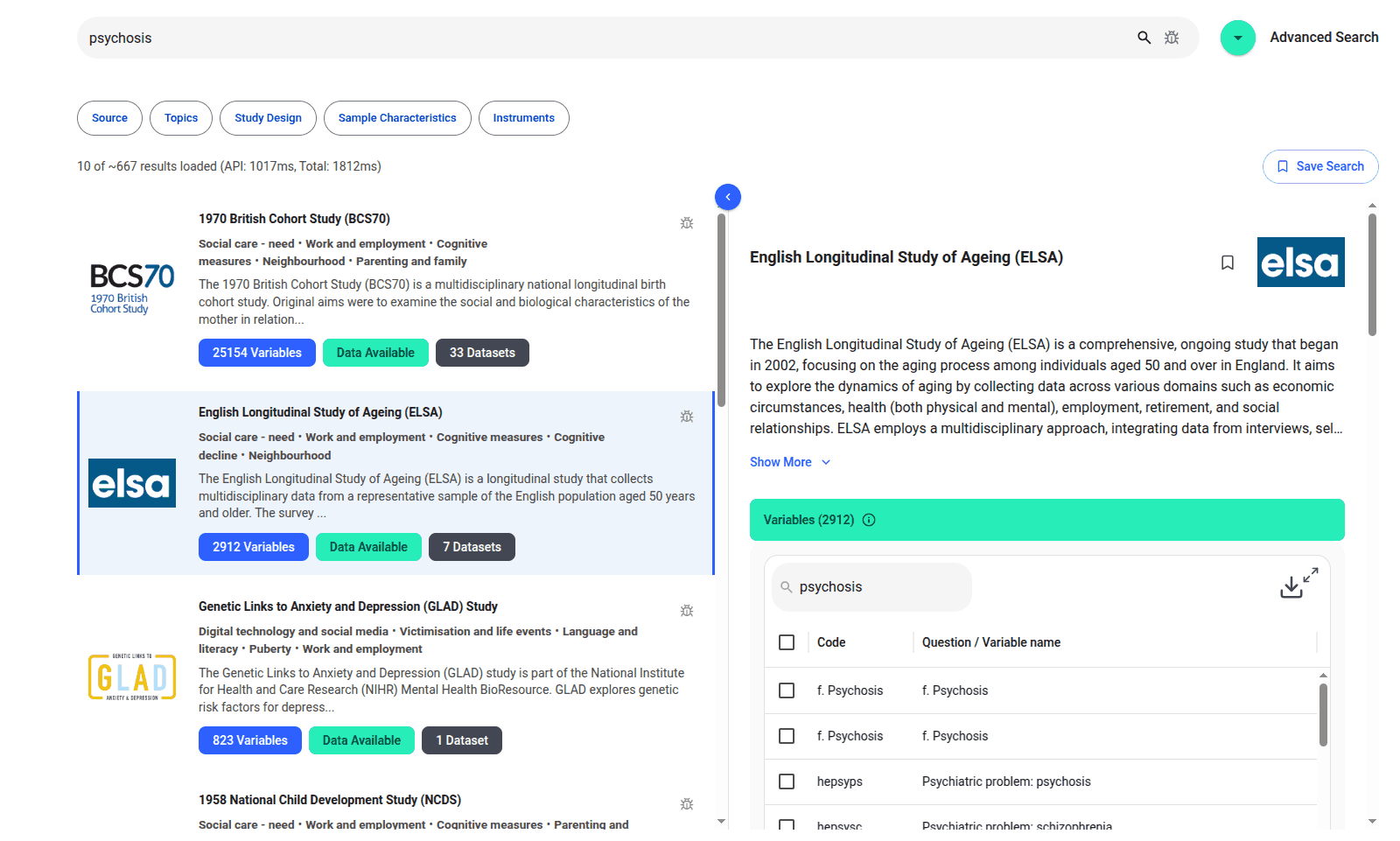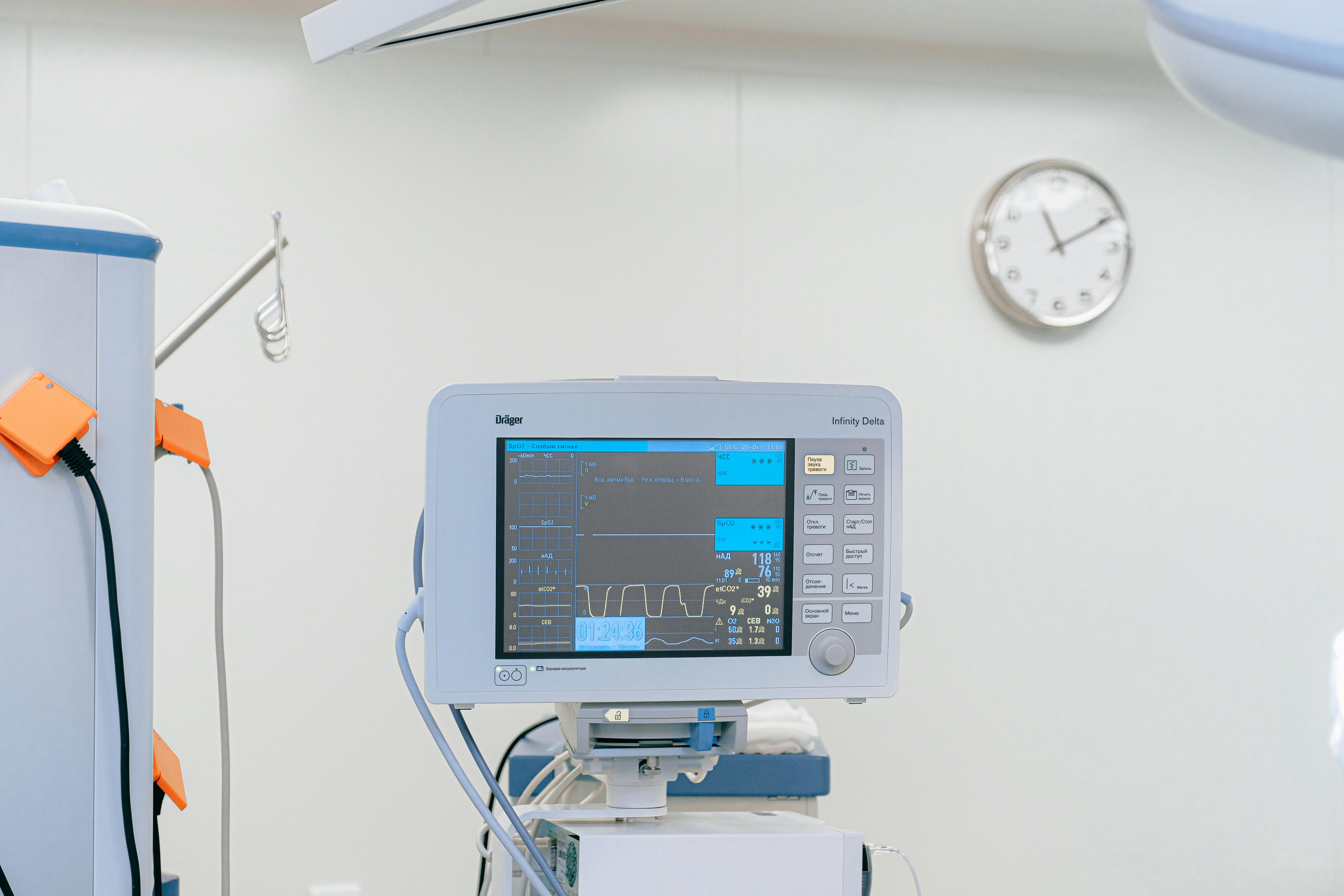
We are excited to announce that our data harmonisation project Harmony has reached the final round of the Wellcome Data Prize in Mental Health. Only three teams were chosen for this stage. The prize is awarded to projects that use data to improve mental health research and practice. Fast Data Science is working on Harmony in collaboration with Ulster University, University College London, and the Universidade Federal de Santa Maria. Harmony has been a real team effort with some fantastic colleagues around the world, and we are looking forward to seeing our harmonisation tool facilitate mental health research across the globe.
Harmony uses natural language processing (NLP) to help researchers compare data from different studies, even if the data is collected using different questionnaires or in different languages. This is important because it allows researchers to combine data from multiple studies to get a more complete picture of a particular mental health topic.
Natural language processing
The first stage of the prize had 11 participants, five made it through to the second round (the prototyping phase) and three (including Harmony) are in the final stage (the sustainability phase).
This figure is significant, as it allows us to offer an LLM-based software tool completely free to researchers around the world, with no subscription, no ads, and no strings attached!
💡 Harmony – developed by a team at Ulster University including Fast Data Science. Harmony is a free-to-use AI tool for researchers to make better use of existing mental health questionnaire data, by bringing together different studies. Learn more ⤵ harmonydata.ac.uk.
💡 Digicat – developed by a team at Edinburgh University. Digicat is a tool that analyses cause and effect in observational mental health data. This can accelerate progress in identifying potential intervention targets. Learn more ⤵️ at digicatapp.shinyapps.io/DigiCAT.
💡 School Health Research Network – developed by a team at Cardiff University. This is a digital dashboard that empowers schools to use bespoke data to create environments that promote good mental and physical health. Learn more ⤵️ at decipher.uk.net.
Harmony has already been used in a number of mental health research projects, including a study on the nature of anxiety and depression between the UK and Brazil, and is being used by teams around the world including the Australian Data Archive.
Reaching the final round of the Wellcome Trust Data Prize is a huge achievement for the Harmony team. It is a testament to the importance of our work and the potential of Harmony to make a real difference to mental health research and practice.

The team at Harmony is made up of:
Harmony also has a partnership with Professor Louise Arsenault at the Catalogue of Mental Health Measures. John Rogers of Delosis, who developed the Catalogue of Mental Health Measures, is working on Harmony on software development.
Read more about the Harmony project at harmonydata.ac.uk.
You can cite our validation paper:
McElroy, Wood, Bond, Mulvenna, Shevlin, Ploubidis, Scopel Hoffmann, Moltrecht, Using natural language processing to facilitate the harmonisation of mental health questionnaires: a validation study using real-world data. BMC Psychiatry 24, 530 (2024), https://doi.org/10.1186/s12888-024-05954-2
A BibTeX entry for LaTeX users is
@article{mcelroy2024using,
title={Using natural language processing to facilitate the harmonisation of mental health questionnaires: a validation study using real-world data},
author={McElroy, Eoin and Wood, Thomas and Bond, Raymond and Mulvenna, Maurice and Shevlin, Mark and Ploubidis, George B and Hoffmann, Mauricio Scopel and Moltrecht, Bettina},
journal={BMC psychiatry},
volume={24},
number={1},
pages={530},
year={2024},
publisher={Springer}
}
Looking for experts in Natural Language Processing? Post your job openings with us and find your ideal candidate today!
Post a Job
We are excited to introduce the new Harmony Meta platform, which we have developed over the past year. Harmony Meta connects many of the existing study catalogues and registers.

Guest post by Jay Dugad Artificial intelligence has become one of the most talked-about forces shaping modern healthcare. Machines detecting disease, systems predicting patient deterioration, and algorithms recommending personalised treatments all once sounded like science fiction but now sit inside hospitals, research labs, and GP practices across the world.

If you are developing an application that needs to interpret free-text medical notes, you might be interested in getting the best possible performance by using OpenAI, Gemini, Claude, or another large language model. But to do that, you would need to send sensitive data, such as personal healthcare data, into the third party LLM. Is this allowed?
What we can do for you